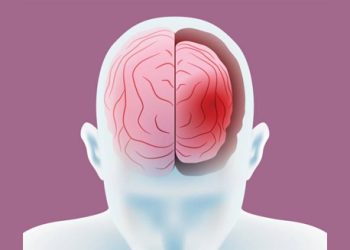Causes of Cholesteatoma
Causes of cholesteatoma fall into two main categories: congenital and acquired. In both cases, the condition results from the build-up of squamous epithelium (skin cells) in the middle ear, which is a space normally lined with respiratory epithelium. Over time, this abnormal skin collection enlarges, becomes infected, and begins to erode surrounding structures. While congenital cases are rare, the majority of cholesteatoma diagnoses are acquired.
The most common mechanism involves Eustachian tube dysfunction. When the Eustachian tube fails to equalise air pressure in the middle ear, negative pressure builds up. This can pull part of the eardrum inward, forming a retraction pocket. These pockets collect dead skin and keratin, which are normally shed and expelled in a healthy ear. In a blocked or retracted pocket, they become trapped and begin to accumulate.
Chronic otitis media, or long-term middle ear infection, is another leading cause. Repeated infections weaken the structure of the eardrum and create an environment in which skin migration into the middle ear becomes more likely. This allows a cholesteatoma to form gradually over time, usually without pain in the early stages.
Causes of Cholesteatoma
Perforated eardrums, whether caused by trauma, infection, or surgical intervention (such as grommet insertion), may also play a role. Through these perforations, skin cells can invade the middle ear and begin forming a cholesteatoma sac.
In rare cases, cholesteatoma is congenital, meaning a small nest of skin cells becomes trapped in the middle ear during foetal development. These cases are usually diagnosed in children, often when they present with hearing loss despite no history of infections or trauma.
Other contributing factors include cleft palate, craniofacial abnormalities, and immunosuppression, all of which are linked to higher risks of Eustachian tube malfunction and chronic infections. Even severe allergies and sinus problems may indirectly contribute by creating nasal congestion and affecting tube drainage.
Causes of Cholesteatoma
Some researchers also suggest that a family history of chronic ear disease may slightly increase susceptibility, though cholesteatoma is not considered a genetic condition.
Understanding the causes of cholesteatoma is important because early intervention in chronic ear problems can prevent it from forming. Treating underlying infections promptly, monitoring children with ear abnormalities, and educating high-risk groups about symptoms can reduce incidence and recurrence.
[Next: Symptoms of Cholesteatoma →]


